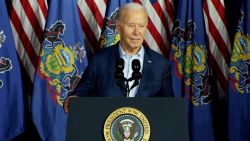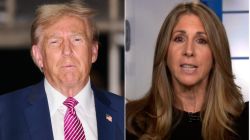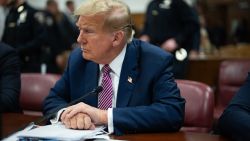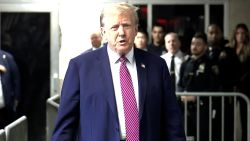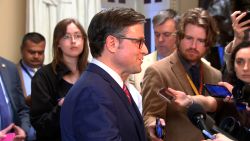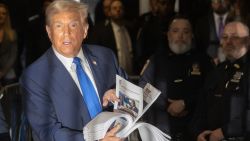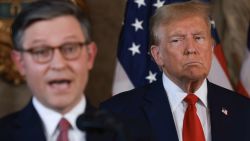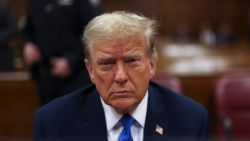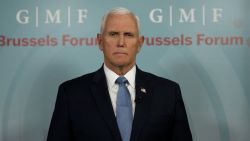White House officials have been engaged in preliminary discussions about invoking executive privilege to limit former campaign aide Corey Lewandowski from complying with a congressional subpoena, despite Lewandowski never serving in any role in the administration, according to three sources. House Democrats authorized a subpoena for Lewandowski last month, and served it Thursday.
The White House has invoked executive privilege in the past to block former aides such as Don McGahn from complying with similar congressional subpoenas. While testifying in June, Hope Hicks declined to answer nearly every question about her time in the West Wing, citing instructions from President Donald Trump that she was “absolutely immune” from answering. Annie Donaldson, McGahn’s deputy, also did not answer more than 200 questions in her written responses to the House Judiciary Committee, citing similar immunity.
But this would be the first time Trump has tried to invoke privilege for someone who has never worked in the administration when it comes to the Russia investigation. McGahn, Hicks and Donaldson all held titles in the West Wing; Lewandowski has only informally advised Trump since his work on the 2016 campaign ended. The White House once asserted that former Kansas Secretary of State Kris Kobach’s conversations with the President about adding a citizenship question to the 2020 census were “confidential.” Kobach nonetheless testified in front of the House Oversight and Government Reform Committee.
Trump officials and allies aren’t confident the move on Lewandowski will work, skeptical that the President will be able to assert the same executive privilege principles over an informal adviser as he would a staff member. The White House has been in contact with members of the Office of Legal Counsel at the Justice Department about whether it would be successful, and say it remains an option. A White House official cautioned that the discussions are preliminary and no formal Office of Legal Counsel opinion has been sought or rendered by the White House counsel’s office yet, though there is one related to Kobach’s testimony.
“Executive privilege exists to protect internal government information that, if made public, would cause some damage to the country,” said Mark Rozell, the author of “Executive Privilege: Presidential Power, Secrecy and Accountability.” “It applies to the President and high-level executive branch officers, not private citizens who never served in the administration.”
“Lewandowski’s role with Trump officially was in the context of a political campaign, months prior to the President taking office. As executive privilege is an implied Article II based presidential power, it does not apply to campaign activities or to the deliberations between a successful candidate and campaign staff,” said Rozell, dean of the Schar School of Policy and Government at George Mason University.
“In short, this is a colossal overreach of the President’s authority to claim executive privilege. There is no basis for it in this case,” he added.
House Democrats authorized the subpoena for Lewandowski and others in July. As administration officials have discussed invoking privilege to stop him from answering certain questions related to his conversations with the President, they were waiting for the subpoena before taking any official action.
White House officials do not believe Lewandowski will be able to cite immunity to avoid answering questions, because it is reserved for government employees, but maintained there is a possibility they could invoke privilege over some of his answers.
The conversations about executive privilege reveal the boundaries the White House is willing to test to prevent the President’s allies – even those who have never held a formal role in the administration – from answering questions about sensitive topics in front of lawmakers on Capitol Hill.
In his report, Robert Mueller detailed how Trump asked Lewandowski to pressure then-Attorney General Jeff Sessions to rein in the special counsel’s investigation so it would focus only on election interference. Though Lewandowski arranged a meeting with Sessions, the report says Sessions canceled because of a “last minute conflict.” Lewandowski then contacted Rick Dearborn, an administration aide who worked for Sessions when he was a senator, asking him to deliver the message instead.
Democrats approved one dozen new subpoenas for witnesses listed in Mueller’s report, including several who have worked in the administration – Sessions, Jared Kushner, John Kelly – in addition to others who have not, such as Lewandowski and David Pecker, the American Media executive who helped buy the silence of women who alleged they had affairs with the President.



